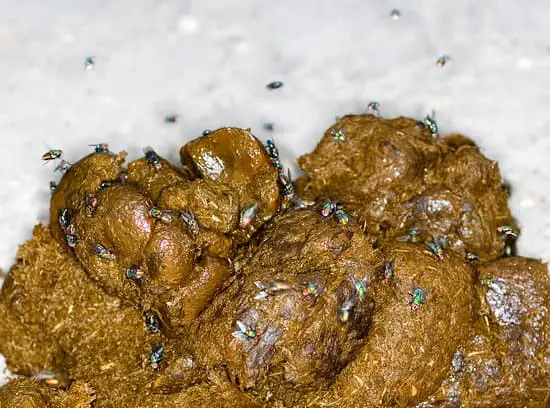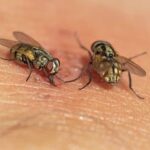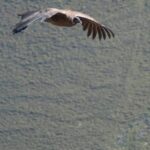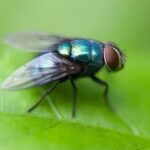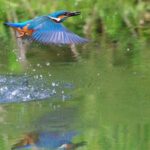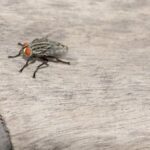How Do Insects Stay Still in the Dark?
Insects have a very unique system to detect direction and orientation in the dark. Instead of relying on a vestibular system, they use a mechanism that involves a series of cells called ellipsoid bodies. These cells allow flies to maintain a representation of where they are even when they do not have visual information to guide them.
Certain kinds of flies, like mosquitoes and midges, are crepuscular creatures and prefer the light of dawn, dusk, or night. Some, like black flies and no-see-ums, even avoid the light. This is because they are cold-blooded and cannot maintain a high body temperature in a warm environment.
While the majority of flies are active during the day, they rest during the night. This helps them conserve energy and allows them to avoid predators. However, during the winter, they are more active, which makes it difficult for them to sleep at night. They may instead flutter around in the dark, hoping to survive. However, the lack of sleep can be harmful for flies and can affect their ability to fly.
Flies also need polarized light to guide their vision at night. Flies also spend much of their day resting and will seek refuge in shady areas. In fact, they will often sleep on the underside of leaves, twigs, tall grass, and rocks, since they require a grip that will keep them from falling.
